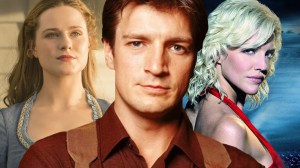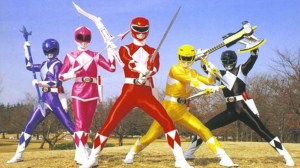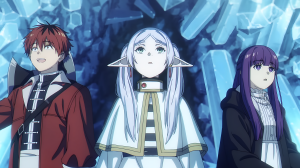Not every sci-fi show becomes an instant phenomenon. Some, in contrast, pretty much fly under the radar when they first come out, dealing with early cancellations or mixed reviews. But over time, a lot of them end up gaining cult status among fans of the genre. Whether it’s because of ideas that were ahead of their time, bold themes, or storylines that hit differently with some distance, these shows are worth a second look (or even a first one for newer audiences). Revisiting them now shows just how well they’ve held up – or how they’ve actually gotten better with time.
Videos by ComicBook.com
Here are 7 cult sci-fi series that deserve to be revisited with a fresh perspective. If you’re a fan of the genre, you’ll get how they remind us just how inventive, strange, and provocative it can still be today.
1) Twin Peaks
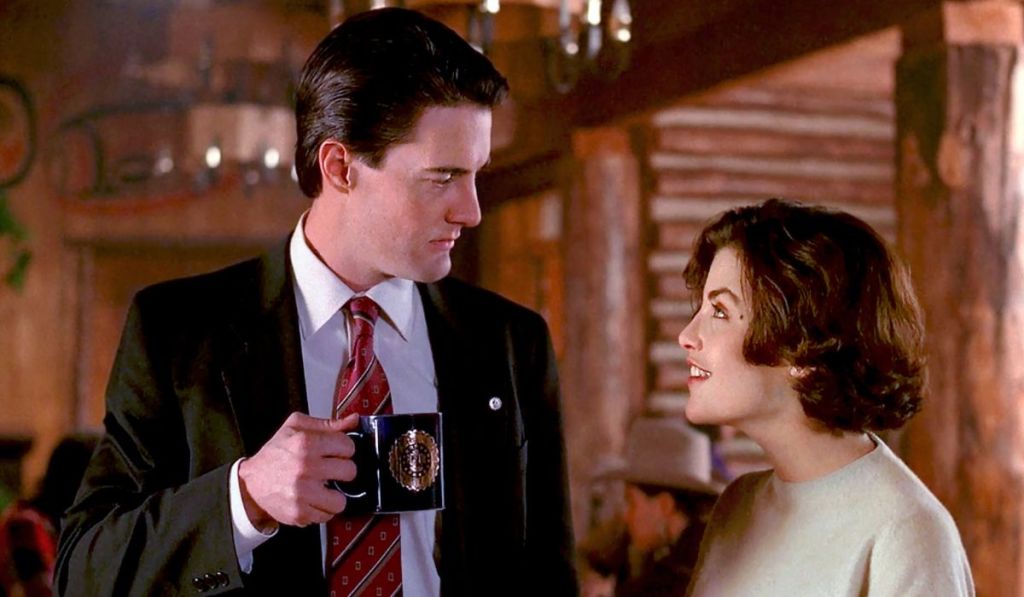
One of David Lynch’s greatest works (if not the greatest) is Twin Peaks. For many fans, it stands as a prime example of how a show can become a cult classic without fitting neatly into a single genre. Its embrace of the bizarre, the metaphysical, and the unexplainable gives it a unique place within the sci-fi universe, appealing especially to viewers who like stories that mess with reality and break the usual storytelling rules. The story kicks off with the murder of Laura Palmer (Sheryl Lee) in a quiet little town, and FBI agent Dale Cooper (Kyle MacLachlan) shows up to investigate – only to get pulled into a strange world of prophetic dreams, otherworldly beings, and broken realities.
Re-watching Twin Peaks today is actually more rewarding than watching it the first time around. The truth is, a lot of the details, especially the stuff with the Black Lodge or those recurring symbols, only start to click after a second or even third viewing. The show doesn’t lay things out in a clear, straightforward way, and a lot of it only really makes sense once you already know where things are going and can start reinterpreting earlier clues. It’s a show that made a serious impact, and yes, it can be weird – but it’s the kind of weird that’s completely brilliant.
2) Fringe
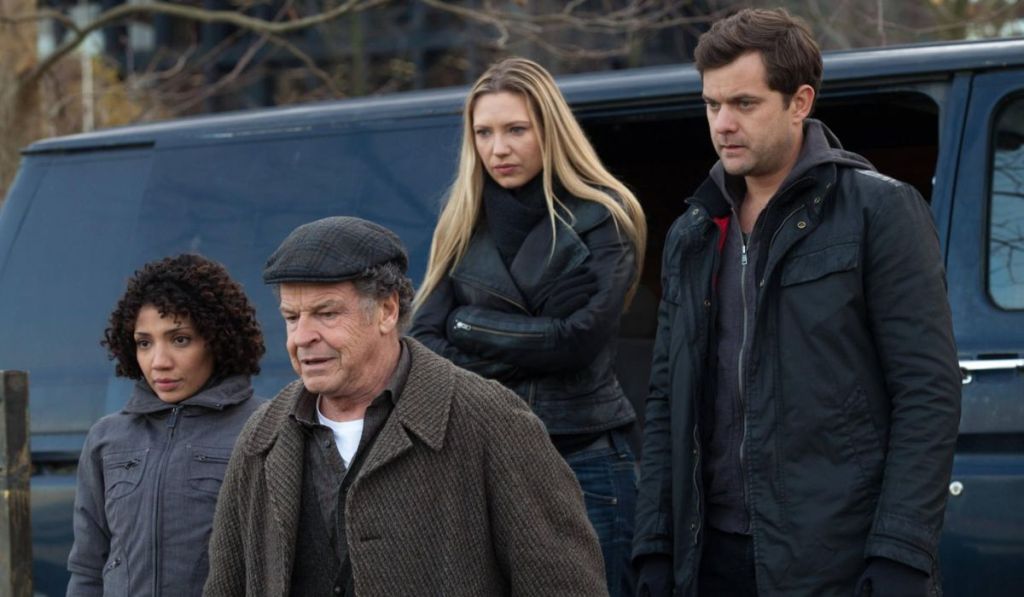
Fringe follows Olivia Dunham (Anna Torv), an FBI agent who teams up with scientist Walter Bishop (John Noble) and his son Peter (Joshua Jackson) to look into strange cases involving fringe science: things like cloning, alternate dimensions, nonlinear time, and brain experiments. At first, it might seem like your average procedural, but it quickly grows into something way more ambitious.
What really makes Fringe stand out is how it balances all that dense sci-fi mythology with some surprisingly emotional storytelling. Watching it again, it’s clear that the character arcs (especially Walter’s) are the real heart of the show. The way the two parallel universes are built and how their stories intertwine is still impressive, even years later. For sci-fi fans who love slow-burn narratives that keep paying off, this is a show that just gets better as it goes.
3) The OA

The OA was a standout show – and it’s still one that sticks with people years later (with some talk of it possibly returning). It’s a series that definitely splits opinion, but it’s absolutely worth revisiting if you’re a sci-fi fan who’s into more experimental storytelling. The plot centers on Prairie Johnson (Brit Marling), a blind woman who disappears for seven years and then suddenly comes back with her sight restored and wild stories about alternate realities and near-death experiences. It blends sci-fi with supernatural drama and philosophy, but what makes it unique is how boldly it embraces creative freedom.
What’s great here is that the show dives deep into identity, faith, and science in ways most series wouldn’t even try. It’s not the easiest thing to follow, as there are moments involving dimension-hopping through interpretive movements and explanations that really make you stretch your brain. However, that’s exactly what makes it so unique. And the funny thing is, even if you’ve seen it before, chances are you don’t remember just how bold and symbolic The OA really is until you go back for a full rewatch.
4) Babylon 5

Often overlooked, Babylon 5 is a major milestone in TV sci-fi. The show takes place on a neutral space station where several alien races live and negotiate, all while dark forces and looming wars start to threaten the galaxy. What really makes it stand out, though, is the planning: creator J. Michael Straczynski mapped out five-year story arcs from the very beginning – something that’s pretty common now but was almost unheard of when it aired back in the ’90s.
Rewatching it today, you can clearly see how Babylon 5 was ahead of its time. It paved the way for long-form storytelling, morally gray characters that really stick with you, and layered political drama. Sure, some of the visuals haven’t aged well, but the storytelling still holds up. It’s the kind of show that demands patience, but if you stick with it, you’re rewarded with one of the most detailed and consistent pieces of world-building in the genre (especially if you’re into galactic politics with real stakes).
5) The Prisoner

The Prisoner is easily one of the strangest and most provocative shows ever made – and that’s a compliment. It follows a former secret agent who gets kidnapped and taken to a mysterious village where everyone is known by a number, and he becomes Number 6 (Patrick McGoohan). The place looks like a peaceful resort, but it’s actually a psychological prison. He keeps trying to escape and figure out who Number 1 is, but ends up facing all kinds of manipulation and mind control.
For anyone rewatching The Prisoner, which first aired in the ’60s, it’s pretty wild how relevant it still feels. Issues like surveillance, personal identity, and autonomy hit even harder today. The show doesn’t have many episodes, but each one pushes the viewer to think about individual freedom and how much society pressures people to conform. And the ending? Still controversial, still unforgettable. It’s not an easy watch, but it’s definitely worth it as a bold, early example of high-concept sci-fi before the genre went mainstream.
6) Firefly

Here, we’re talking about one of the biggest early cancellations in TV history. Firefly manages to perfectly mix western aesthetics with a space setting, following the crew of the spaceship Serenity as they take on missions involving survival, smuggling, and moral gray areas in a future where Earth has been left behind. The series only lasted one season with just over 10 episodes, but it’s one of those shows that still built a seriously loyal and passionate fanbase.
The truth is: Firefly was always ahead of its time – and you only really get that by rewatching it now. The quick, clever dialogue, the tight-knit cast, and that “low-budget sci-fi” vibe with a strong focus on character-driven storytelling still stand out today. It introduces a world that had so much potential to grow, if it had just been given more time. For anyone who loves strong character chemistry and morally complex adventures, going back to this series (and feeling sad all over again that it ended so soon) is pretty much a must.
7) Dollhouse
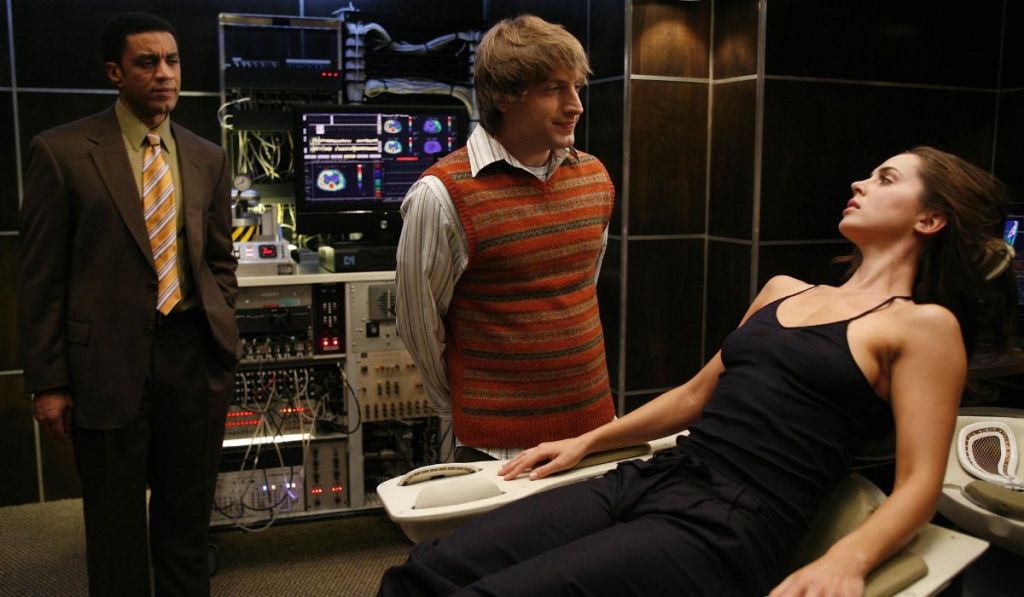
Another example of timelessness, Dollhouse dives deep into identity, free will, and the ethics of technology. The plot centers on a secret organization that “erases” people’s memories and personalities – these people, known as “dolls,” are then programmed with different identities and skills based on what clients pay for. Echo (Eliza Dushku), the main character, is one of these dolls who slowly starts to regain pieces of her original self and question the manipulation she’s been subjected to.
Trying to rewatch the show today means running straight into a disturbing conversation about mind control and human objectification – topics that feel even more relevant now with the rise of digital tech, algorithms, and AI. For true sci-fi fans, Dollhouse is must-watch material, since it honestly feels more real now than it ever did before. Alongside Black Mirror, this is the kind of show that helps make sense of the very real fears technology keeps stirring up. On top of that, it mixes action, suspense, and psychological drama in a way that keeps you hooked right to the final episode.

